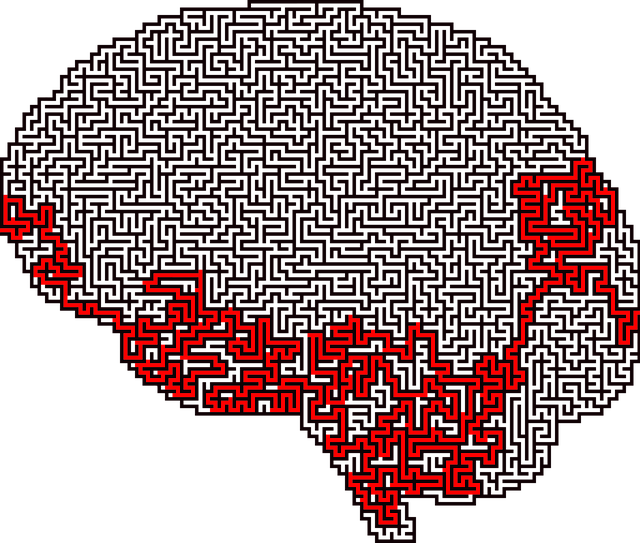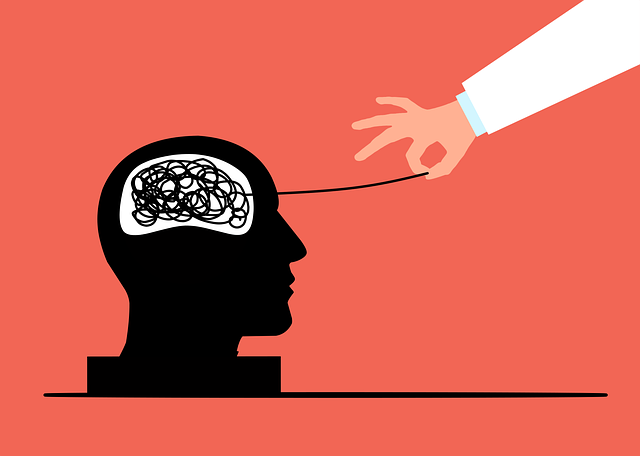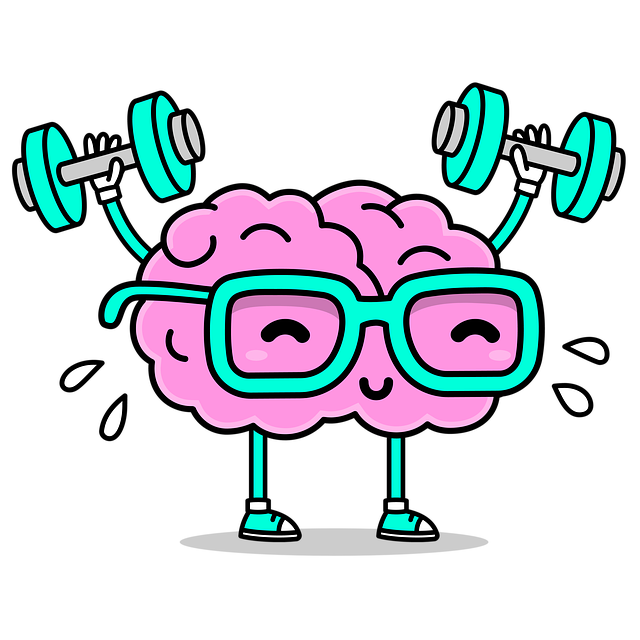Mental illness misdiagnosis in primary care is a significant issue, affecting 25-30% of patients, particularly those with complex or rare disorders like those seen in Denver where pain management often involves comorbid mental health conditions. To combat this, there's a push for increased public awareness and refined communication strategies. Innovative approaches such as Self-Awareness Exercises and Mental Wellness Coaching Programs have proven effective in reducing misdiagnosis rates. Denver Pain Management Therapy, integrating physical and psychological care, offers holistic solutions, improving diagnosis accuracy, empowering individuals, and fostering better patient outcomes through self-care routines and destigmatization campaigns.
Mental illness diagnosis accuracy is a critical aspect of patient care, yet challenges like high misdiagnosis rates highlight areas for improvement. This article delves into understanding the complexities and significant impacts of misdiagnosis, while exploring innovative approaches to enhance diagnostic accuracy. We specifically focus on specialized therapies, with an in-depth look at Denver Pain Management Therapy, as a promising strategy. By examining these efforts, we aim to shed light on potential game-changers in mental health diagnosis.
- Understanding the Challenges: Misdiagnosis Rates and Their Impact
- Innovative Approaches to Enhance Diagnosis Accuracy
- The Role of Specialized Therapies: A Focus on Denver Pain Management Therapy
Understanding the Challenges: Misdiagnosis Rates and Their Impact

Mental illness misdiagnosis is a significant challenge within the healthcare system, with rates varying across different conditions. Studies show that approximately 25-30% of patients initially seen in primary care settings are subsequently diagnosed with a different condition than their initial presentation. This issue has profound implications, particularly for individuals suffering from complex or rare mental health disorders.
In Denver, pain management therapy often involves diagnosing and treating comorbid mental health conditions alongside physical pain. Misdiagnosis can lead to delayed or inappropriate treatment, impacting patients’ quality of life and recovery outcomes. Thus, boosting confidence in diagnostic processes through public awareness campaigns and refining communication strategies is vital. Such efforts aim to empower both healthcare providers and individuals seeking help, ensuring timely and accurate diagnoses for effective Denver Pain Management Therapy.
Innovative Approaches to Enhance Diagnosis Accuracy

In recent years, there has been a growing emphasis on refining mental illness diagnosis accuracy, driven by advancements in research and the increasing recognition of the impact of correct identification. Innovative approaches such as integrating Self-Awareness Exercises into therapeutic practices have proven effective in enhancing diagnostic precision. These exercises help individuals gain deeper insights into their thoughts, feelings, and behaviors, making it easier for mental health professionals to interpret symptoms accurately.
Moreover, the development of Mental Wellness Coaching Programs plays a pivotal role in supporting both patients and practitioners. By implementing evidence-based risk assessment tools tailored for mental health professionals, these programs equip them with the necessary skills to identify subtle signs of mental illness, reducing misdiagnosis rates significantly. Such initiatives, combined with ongoing training and education, contribute to the advancement of Denver Pain Management Therapy practices, ensuring more effective and timely interventions for individuals struggling with mental wellness issues.
The Role of Specialized Therapies: A Focus on Denver Pain Management Therapy

In the pursuit of enhancing mental illness diagnosis accuracy, specialized therapies like Denver Pain Management Therapy play a pivotal role. This unique approach goes beyond traditional treatments by focusing on comprehensive pain management, integrating physical and psychological aspects crucial for overall well-being. By addressing both the mind and body, it fosters a holistic healing process that can significantly improve diagnostic clarity and patient outcomes.
Denver Pain Management Therapy emphasizes self-care routine development for better mental health, empowering individuals to take an active role in their care. This includes empathy building strategies that facilitate open communication between patients and healthcare providers, enhancing the accuracy of pain assessments. Additionally, public awareness campaigns development is a key component, aiming to destigmatize mental illness and encourage early intervention—a testament to the therapy’s commitment to transforming lives through comprehensive care.
Mental illness diagnosis accuracy is a multifaceted challenge, with misdiagnosis rates highlighting the need for innovative approaches. By integrating specialized therapies like Denver Pain Management Therapy, we can significantly enhance diagnostic precision and improve patient outcomes. These efforts not only reduce the impact of incorrect diagnoses but also foster a more comprehensive and effective mental health care system.














